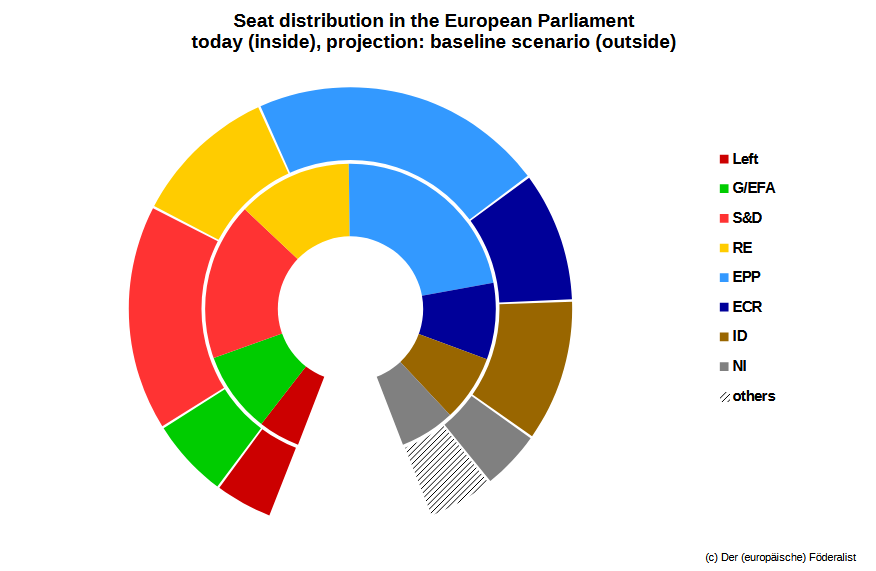European Elections: A Pivotal Moment for the Continent’s Future
- Date

-
 Staff Writer
Staff Writer
European Elections: A Pivotal Moment for the Continent’s Future
The European elections are poised to be a defining moment for the continent, as voters across the European Union (EU) cast their ballots in what is being described as one of the most crucial elections in recent history. With issues such as climate change, economic recovery post-pandemic, immigration, and the rise of populist movements dominating the political landscape, the outcome of these elections will significantly shape the future direction of the EU.
Key Issues at Stake
1. Climate Change and Environmental Policy
– The EU has been a global leader in environmental policy, and the elections will determine how aggressively it will pursue its Green Deal and other climate initiatives. Parties are divided on the best approach to achieving carbon neutrality by 2050, with debates centering around the balance between economic growth and environmental protection.
2. Economic Recovery Post-Pandemic
– The economic fallout from the COVID-19 pandemic has left many EU countries grappling with recovery challenges. Voters will be considering the effectiveness of the EU’s recovery fund and strategies to ensure sustainable economic growth. Fiscal policies, employment rates, and support for small and medium-sized enterprises (SMEs) are critical points of discussion.
3. Immigration and Border Control
– Immigration remains a contentious issue within the EU. The elections will likely reflect public opinion on how to manage immigration, integrate refugees, and secure borders. Policies range from open-border advocates to those favoring stricter immigration controls.
4. Rise of Populism and Euroscepticism
– Populist and Eurosceptic parties have gained traction in recent years, challenging the traditional pro-EU stance. The elections will be a litmus test for the strength of these movements and their influence on future EU policies and governance.
Major Parties and Candidates
– European People’s Party (EPP)
– As the largest party in the European Parliament, the EPP is campaigning on a platform of stability, economic reform, and strong EU integration.
– Progressive Alliance of Socialists and Democrats (S&D)
– The S&D focuses on social justice, workers’ rights, and a robust response to climate change. They advocate for increased public investment and social protections.
– Renew Europe (RE)
– This centrist and liberal group prioritizes innovation, digital transformation, and an open economy. They emphasize the need for reforms to modernize the EU.
– Greens/European Free Alliance (Greens/EFA)
– Known for their strong environmental agenda, the Greens/EFA push for ambitious climate action, social equity, and human rights.
– Identity and Democracy (ID)
– Representing the far-right, the ID group advocates for national sovereignty, reduced EU influence, and stricter immigration policies.
Potential Impact of the Elections
The composition of the European Parliament will determine the legislative agenda and influence the selection of key EU leaders, including the President of the European Commission. The elections will also impact the EU’s external relations, particularly with neighboring countries and major global powers.
Voter Sentiment and Participation
Voter turnout is a critical factor in these elections. Recent trends suggest increasing engagement, particularly among younger voters who are mobilized by climate concerns and social justice issues. However, there remains a significant portion of the electorate that is disillusioned with the EU’s ability to address their concerns.
Conclusion
Post European election the centre right maintains control but the Greens and Centre Left lose ground. The far right gains seats and this reflects the general mood of the European people at present. the stakes are higher than ever. The results not only reflect the current political climate within the EU but also set the course for its future. Whether the outcome will favor continued integration, a shift towards nationalism, or a renewed focus on sustainability and social equity, one thing is certain: the choices made by European voters will reverberate far beyond the borders of the EU.

